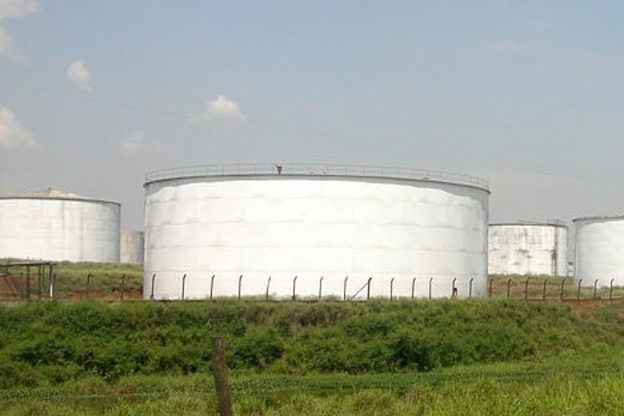
Growing voices of righteousness vs. ethanol
I have to note right off the bat that the terms “growing” and “righteousness” in the title of this are open to a measure of debate. For example, not all anti-ethanol voices have been righteously motivated. Ever since the mandate’s inception, farm-state senators in particular have pushed to increase it, and oil-state senators have tried to dump it. Neither faction has produced any meaningful change, because it’s just grandstanding. Indeed, I suspect that U.S. Senators from both sides were known to get together privately and, in their cups, acknowledge in so many words what nonsense their antics have been – on this, and on plenty of other issues.
This is from a good analysis/rant from the very guts of ethanol country, namely Iowa:
To say that the ag establishment has the shakes because of ethanol is probably an understatement. I suppose it’s possible that people like (Iowa State Sen. Dan) Zumbach and (Iowa Gov. Kim) Reynolds think they can keep the corn-powered money machine chugging along so it can consume all the junk agribusiness and big ag corporations love to sell, a lot of which keeps Iowa in a polluted condition: seeds, fertilizer, chemicals, grain drying, grain storage, insurance, machinery. But it’s always been inevitable that Isaac Newton was going to turn the Renewable Fuel Standard into the Renewable Fool Standard. And lest you think I’m being partisan here, there are many moronic democrats in the legislature only too eager to vote for this, and do their own performative skit when it comes to the environment.
(Christopher Jones/University of Iowa)
But it does seem to me that there is a better shot at real, positive, indeed necessary change – that is, phasing out ethanol fuel entirely, the sooner the better – than there has been before. Because:
Despite the promise that the RFS would reduce greenhouse gas emissions, a new study published in the journal Proceedings of the National Academy of Science (PNAS) (February 14) finds that expansion of U.S. corn cultivation has come at eye-popping environmental costs. Corn production expanded by 8.7 percent, or 2.8 million hectares (6.9 million acres), between 2008 and 2016. As a result, the researchers found that nationwide annual fertilizer use surged by 3 to 8 percent and water pollutants rose by 3 to 5 percent. The sheer extent of domestic land use change, however, generated greenhouse gas emissions that are, at best, equivalent to those caused by gasoline use—and likely at least 24 percent higher.
(Civil Eats)
From the same article (which should be perused in its entirety, as it also includes valuable facts about such matters as Big Ag’s price-gouging):
Some say the numbers behind that narrative are routinely overinflated, however. The latest renewable fuels industry estimates claim 46,000 jobs through the Iowa economy, but Iowa State University economist Dave Swenson says he can only find around 7,200 jobs. By Swenson’s calculation, counties with ethanol plants actually averaged larger population declines, grew merely 0.2 percent more as measured by wage and salary jobs, and had a higher rate of farm proprietor decline. “Ethanol has not been any sort of a game changer for rural Iowa’s overall economies or their demographics,” says Swenson.
The names on the current bill in the U.S. Senate to dump ethanol are none-too-impressive. It would be good if progressive legislators would get more public on this, as it is in fact a major climate change issue. The Biden administration has apparently been considering cuts in the mandate, but right now I wouldn’t bet on it happening.
If you want to seriously wonk out about this, this has charts of production and prices back to the beginning.
– o O o –
Note from Steve: I commend the article from Christopher Jones that Dan links to. And the agricultural economics department at Iowa State is first class; if Dave Swenson says it’s 7,200 job created by ethanol, not 46,000, I’d go with 7,200.
Thanks for your feedback. If we like what you have to say, it may appear in a future post of reader reactions.


